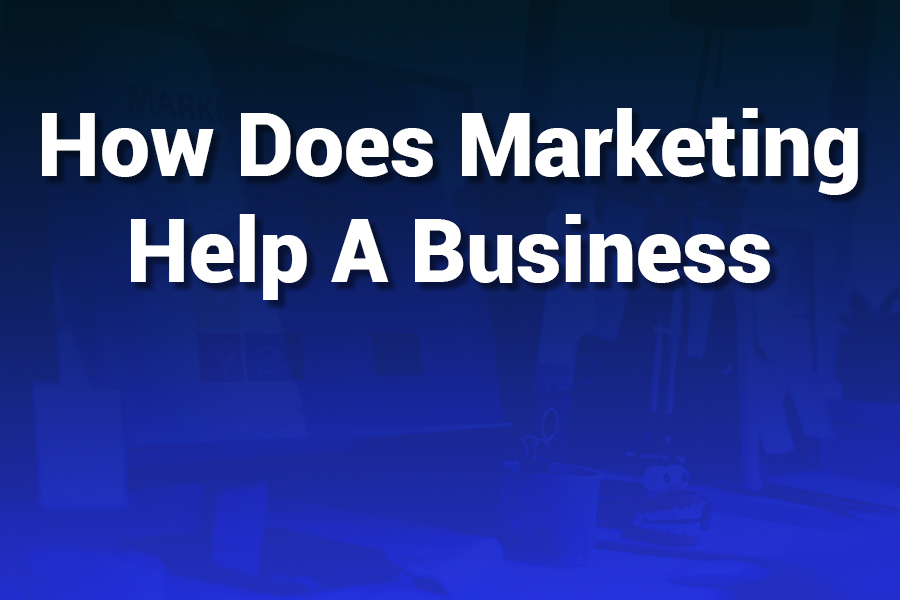- Home
- Our Services
- PedroVazPaulo Coaching
- PedroVazPaulo Executive Coaching
- PedroVazPaulo Marketing Consulting
- PedroVazPaulo Entrepreneur
- PedroVazPaulo Real Estate Investment
- Pedro Paulo Business Consultant
- PedroVazPaulo Wealth Investment
- PedroVazPaulo Business Consultant
- PedroVazPaulo Operations Consulting
- PedroVazPaulo Strategy Consulting
- Blog
- About
- Contact

If you’ve ever asked, “How does marketing help a business?” — the answer is simple: it’s how businesses connect with customers, build trust, and drive revenue.
Marketing is more than just advertising. It’s about understanding your audience, delivering the right message, and offering value that leads to action. Whether you’re launching a startup or scaling a well-established company, marketing plays a pivotal role in your success.
In this post, we’ll explore how marketing fuels growth, builds brand recognition, and creates loyal customers — with practical strategies for businesses of all sizes.
1. What Is Marketing and Why Does It Matter?
Marketing is the process of identifying customer needs and promoting products or services that meet those needs. It includes everything from market research and branding to content creation, advertising, and analytics.
At its core, marketing answers these questions:
- Who are your customers?
- What do they want?
- How can you reach them?
- Why should they choose your business?
By answering these questions effectively, marketing helps businesses gain visibility, attract interest, and convert leads into loyal customers.
2. How Does Marketing Help a Business? – 10 Key Benefits
2.1 Increases Brand Awareness
One of the most important roles of marketing is to make people aware of your business. If customers don’t know you exist, they can’t buy from you.
From social media campaigns to Google Ads, marketing spreads the word about your brand and what makes it special.
2.2 Attracts New Customers
Marketing helps you generate leads and bring in new customers. Whether through SEO, PPC, email campaigns, influencer partnerships, or by partnering with professional telemarketing agencies, marketing expands your reach beyond word of mouth.
2.3 Builds Brand Loyalty
Good marketing doesn’t stop after the first sale. Email marketing, loyalty programs, and community engagement keep your audience engaged and coming back for more.
2.4 Educates the Market
Marketing helps inform your audience about your products, services, and value proposition. Great content, explainer videos, and webinars clarify what you offer and why it matters.
2.5 Supports Sales Efforts
Marketing and sales go hand-in-hand. Strong marketing warms up leads and makes the sales team’s job easier by creating informed, interested prospects.
2.6 Sets You Apart from Competitors
With the right positioning and messaging, marketing highlights your unique value. It tells customers why they should choose your business over others in the market.
2.7 Increases Revenue
At the end of the day, marketing drives growth. More visibility + more leads + better engagement = higher conversion rates and revenue.
2.8 Builds Trust and Credibility
Consistent, value-driven marketing builds your brand reputation. Positive reviews, thought leadership, and helpful content make your business a trusted source in the industry.
2.9 Enhances Customer Experience
Marketing isn’t just external — it shapes how customers feel at every touchpoint. A good website, clear messaging, and post-sale support all create a better experience.
2.10 Provides Measurable Results
Modern marketing is driven by data. You can track ROI, engagement, traffic, and conversions — and use that insight to improve over time.
3. Real-World Example: How Marketing Transforms Businesses
Case Study: Local Gym Grows with Digital Marketing
A small local gym struggling with declining memberships turned to marketing. They:
- Launched a new website with SEO-optimized content
- Created an Instagram account for daily fitness tips
- Offered free trials via Facebook ads
- Sent monthly newsletters with class schedules and nutrition advice
The results? A 60% increase in monthly signups, better customer retention, and a thriving online presence — all driven by smart, consistent marketing.
4. Types of Marketing That Help a Business
Different businesses benefit from different marketing strategies. Here are the most common types that deliver measurable impact:
4.1 Digital Marketing
- SEO (Search Engine Optimization)
- Content marketing (blogs, guides, videos)
- PPC (Google Ads, Bing Ads)
- Email marketing
- Social media marketing
- Influencer & affiliate marketing
4.2 Traditional Marketing
- TV, radio, and newspaper ads
- Flyers and brochures
- Direct mail campaigns
- Trade shows and billboards
- Branded physical items like custom mugs, tshirts and ballpens
4.3 Inbound vs. Outbound Marketing
- Inbound: Attracts customers through valuable content and organic channels
- Outbound: Reaches out to customers through paid advertising and direct promotion
Most businesses today blend both for maximum impact.
5. How Does Marketing Help a Business in Different Stages?
Startup Stage
- Creates buzz and attracts early adopters
- Validates product-market fit
- Builds an initial online presence
Growth Stage
- Drives lead generation and sales
- Expands brand visibility across channels
- Refines targeting and messaging for new markets
Maturity Stage
- Reinforces customer loyalty
- Protects market share
- Launches new product lines or services
Crisis or Rebranding Stage
- Rebuilds trust and reshapes perception
- Communicates change clearly to stakeholders
- Engages existing customers during transitions
6. How Small Businesses Can Maximize Their Marketing
6.1 Know Your Audience
Use tools like Google Analytics, Facebook Insights, or surveys to learn who your ideal customer is and what they care about.
6.2 Create Valuable Content
Blog posts, videos, infographics, and FAQs that solve real problems build trust and increase search visibility.
6.3 Use Social Media Wisely
Don’t just post randomly. Share helpful, engaging content consistently. Respond to comments and DMs quickly to build loyalty.
6.4 Focus on Local SEO
If you’re a local business, optimize your Google Business Profile, collect reviews, and include local keywords on your site.
6.5 Run Targeted Ads
Start small with Facebook or Google Ads. Test different creatives and calls-to-action to see what works best.
6.6 Track and Improve
Use free tools like Google Analytics or HubSpot to measure performance. Adjust your strategy based on what’s working.
7. Marketing Tools to Help Your Business Succeed
- Canva – For creating professional graphics and visuals
- Mailchimp – For building and managing email campaigns
- Google Analytics – For tracking website traffic and user behavior
- Ahrefs / SEMrush – For keyword research and SEO insights
- Meta Ads Manager – For running targeted social media ads
- HubSpot / Zoho – For CRM and marketing automation
Conclusion: Marketing Is Not a Cost — It’s an Investment
If you’re still wondering how does marketing help a business, remember this:
Marketing is the engine that keeps your business moving. It brings in customers, builds loyalty, and positions you to grow. In today’s competitive market, businesses that neglect marketing risk being invisible — no matter how great their product or service may be.
Whether you’re a solo entrepreneur or managing a growing team, investing in the right marketing strategy is one of the smartest decisions you can make.
FAQs: How Does Marketing Help a Business?
Q1: Can marketing help a business with no existing customer base?
Yes! Marketing helps attract attention, generate leads, and build your first wave of customers — especially through digital channels.
Q2: Is marketing only for large companies?
Not at all. In fact, small businesses benefit the most from smart marketing because it levels the playing field.
Q3: How much should a business spend on marketing?
It varies, but many businesses allocate 5–10% of revenue to marketing. Start small, measure results, and grow your budget as you grow your reach.
Q4: What’s more important: social media or SEO?
Both are important, but it depends on your business type. SEO brings long-term traffic; social media builds community and brand awareness.
Q5: How do I know if my marketing is working?
Use metrics like website visits, lead conversions, sales, customer retention, and ROI tracking to measure success.






